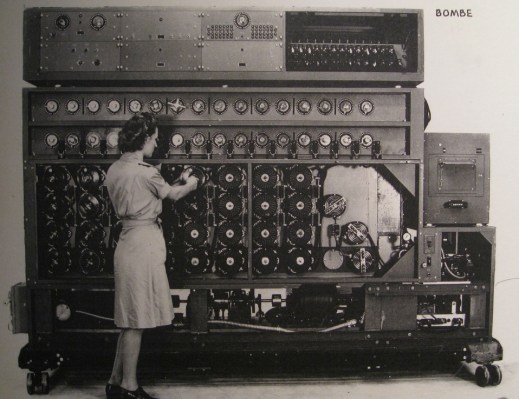A new study reveals why women have a hard time cracking the glass ceiling in the technology industry: both men and women are twice as likely to hire a man for a math-based job.
A team of researchers from Columbia, Northwestern, and the University of Chicago set up an experiment to see how men and women discriminated against candidates in a hypothetical job opportunity that was based solely on the candidates’ ability to do math.
“We find that without any information other than a candidate’s appearance (which makes sex clear), both male and female subjects are twice more likely to hire a man than a woman,” writes the research team. While there are many reasons for the gender imbalance in Silicon Valley, this study helps account for why women only comprise about 22% of software engineers, according to the National Center for Women and Information Technology.
The experimental design of the study is informative because it can zero-in on some of the causes of discrimination. The study randomly assigned participants to “hire” a candidate for a math-related job and were rewarded for picking high-performers. Without any information about the candidates’ abilities, men were chosen twice as often, even though it created teams that were overall less effective at solving math problems.
The study finds that this is partly attributable to our latent biases, which were measured by a test of association on gender and the hard sciences. But, even accounting for participants who associate men with the hard sciences, hypothetical job recruiters were still more likely to pick a man, all things being equal.
Even worse, giving recruiters knowledge about the candidates’ actual abilities didn’t eliminate discrimination. “When employers received objective information about candidates’ past performance, female candidates still were chosen significantly less often than male candidates (females were chosen 39.1% of the time), but the difference was smaller than in the No Information condition (in which females were chosen 33.9% of the time,” explains the team.
In part, men are just better at boasting about their abilities. “Men tended to overestimate their future performance on the arithmetic task, and women tended to underestimate it,” wrote the researchers.
There is some evidence to suggest that salaries of men and women are more equivalent in the tech sector, though that still requires them to be hired in the first place. Among the many tech-supported projects to increase the number of women in the field, a new Google-backed incubator is aiming to increase the presence of females by 25%.
Read the full study here (note: click on the PDF icon tab to access it).
